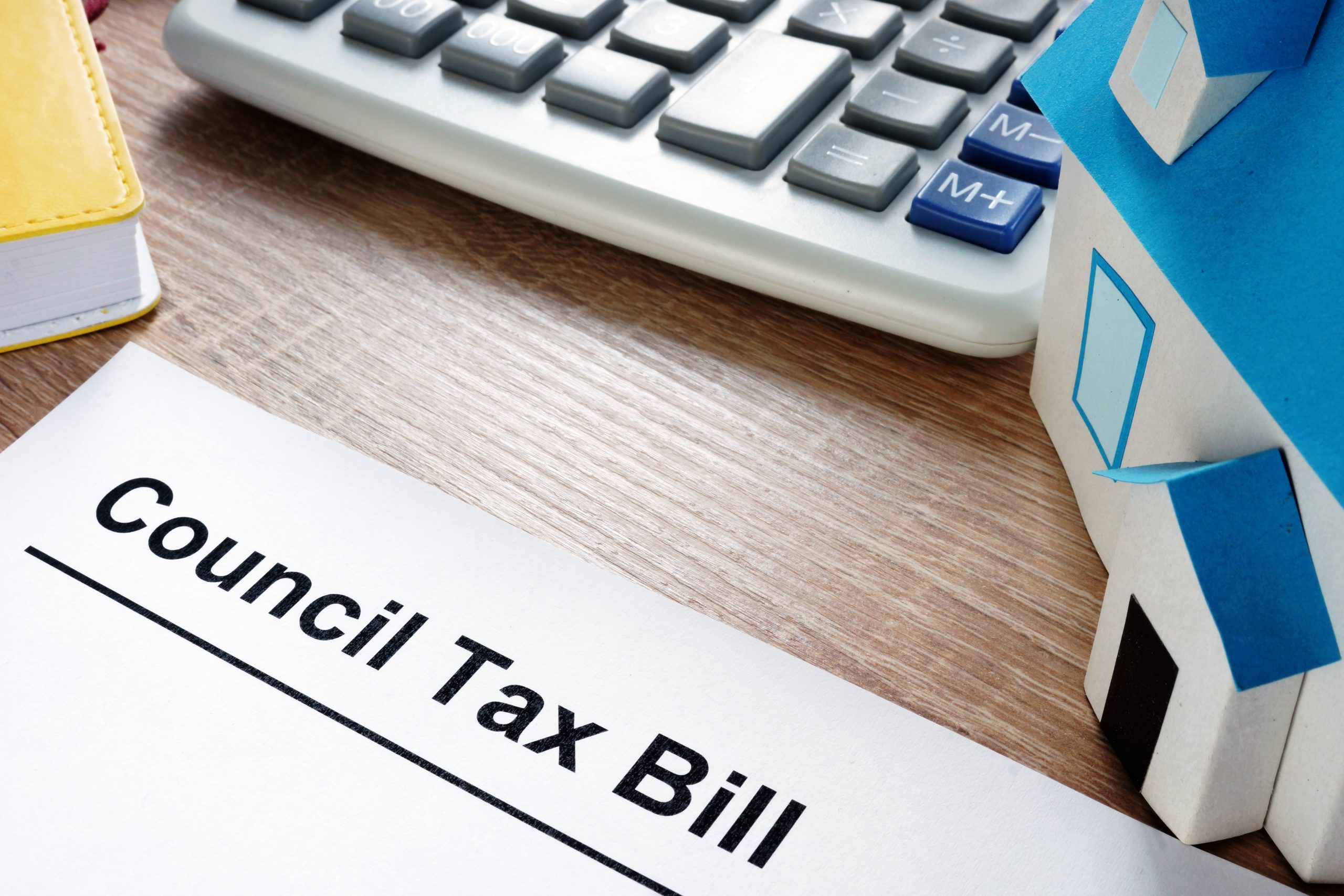Household Bills
Council tax arrears soar by half a billion pounds in the last year

The total amount of council tax outstanding to local authorities in England as of 31 March 2023 stands at £5.5bn – a 10% increase over the past year.
This is an increase of £510m – or 10.3% – on the figure at the end of March 2022, which includes arrears that may stretch across many years, according to the Department for Levelling Up, Housing and Communities (DLUHC).
It also includes court and administration costs and “continues to reflect temporarily reduced or delayed recovery action during 2020/21 and 2021/22 which authorities are continuing to deal with”, DLUHC noted.
Over the last three years, an extra £2bn has been added to the debt pile, while across the 309 authorities for which data was collected, £36.5bn was collected in council tax in 2022/23. This is an increase of £2bn, mainly due to the increase in council tax bills.
According to The Money Advice Trust, the charity that runs National Debtline, struggling households risk being pushed into further financial difficulty because of “outdated collection rules”.
It is calling for urgent reform and for the Government to bring in measures to the way council tax debt is collected. Current rules mean that households can be liable for their full annual bill after one missed payment.
The trust said that in the past five years, the average Band D council tax bill has risen 18% from £1,671 to £1,966.
But this has been “significantly outpaced” by the level of council tax arrears which have risen 69% over the same period from £3.2bn to £5.5bn. The DLUHC also acknowledge this £2bn increase is mainly due to the rise in council tax bills.
Meanwhile, the charity reported that 28% of callers had council tax arrears in 2022 – the most common priority debt type. It has also seen the amount owed grow from £1,181 to an average of £1,790 in arrears – up 52% from 2019.
As part of its Under Pressure report, a quarter of people polled who were behind on council tax said they had been asked to repay arrears at a rate they couldn’t afford.
Council tax collection reform
The charity wants to see improved support through increased and ringfenced funding for local council tax support schemes to prevent arrears occurring in the first place.
It also wants to see a stop to people becoming liable for their full annual bill if they fall behind on instalments, as well as the introduction of a ‘pre-action protocol’ so councils have to offer genuinely affordable repayment plans before progressing to other collections methods.
Joanna Elson, chief executive of the Money Advice Trust, said: “Current council tax collection rules are not working for struggling households or for local authorities reliant on council tax income to run their vital services.
“Today’s figures, which reflect an ongoing trend of increasing council tax arrears, confirm why reform is urgently needed to help both councils and struggling households.
“These outdated rules, that can leave people liable for a whole years’ bill after just one or two missed payments, are not an affordable or efficient way to collect council tax debts and are completely out of step with the challenges many households are facing.
“Reform is needed to ensure people having difficulty paying their council tax are not confronted with unfair and unsustainable collection practices that risk pushing them into further difficulty.”
Related: Four ways to save on council tax as bills set to rise